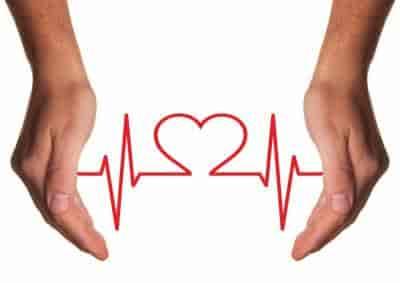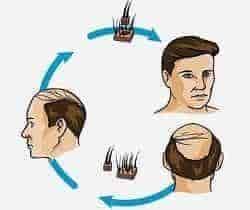Pradhan Mantri Swasthya Suraksha Yojana (PMSSY)
The Pradhan Mantri Swasthya Suraksha Yojana (PMSSY) aims at correcting the imbalances in the availability of affordable healthcare facilities in the different parts of the country in general, and augmenting facilities for quality medical education in the under-served States in particular. The scheme was approved in March 2006.
The first phase in the PMSSY has two components - setting up of six institutions in the line of AIIMS; and upgradation of 13 existing Government medical college institutions.
It has been decided to set up 6 AIIMS-like institutions, one each in the States of Bihar (Patna), Chattisgarh (Raipur), Madhya Pradesh (Bhopal), Orissa (Bhubaneswar), Rajasthan (Jodhpur) and Uttaranchal (Rishikesh) at an estimated cost of Rs 840 crores per institution. These States have been identified on the basis of various socio-economic indicators like human development index, literacy rate, population below poverty line and per capital income and health indicators like population to bed ratio, prevalence rate of serious communicable diseases, infant mortality rate etc. Each institution will have a 960 bedded hospital (500 beds for the medical college hospital; 300 beds for Speciality/Super Speciality; 100 beds for ICU/Accident trauma; 30 beds for Physical Medicine & Rehabilitation and 30 beds for Ayush) intended to provide healthcare facilities in 42 Speciality/Super-Speciality disciplines. Medical College will have 100 UG intake besides facilities for imparting PG/doctoral courses in various disciplines, largely based on Medical Council of India (MCI) norms and also nursing college conforming to Nursing Council norms.
In addition to this, 13 existing medical institutions spread over 10 States will also be upgraded, with an outlay of Rs. 120 crores (Rs. 100 crores from Central Government and Rs. 20 crores from State Government) for each institution. These institutions are Government Medical College, Jammu, Jammu & Kashmir Government Medical College, Srinagar, Jammu & Kashmir, Kolkatta Medical College, Kolkatta, West Bengal, Sanjay Gandhi Post Graduate Institute of Medical Sciences, Lucknow, Uttar Pradesh, Institute of Medical Sciences, BHU, Varanasi, Uttar Pardesh, Nizam Institute of Medical Sciences, Hyderabad, Andhra Pradesh, Sri Venkateshwara Institute of Medical Sciences, Tirupati, Andhra Pradesh, Government. Medical College, Salem, Tamil Nadu, B.J. Medical College, Ahmedabad, Gujarat, Bangalore Medical College, Bangalore, Karnataka, Government Medical College, Thiruvananthapuram, Kerala, Rajendra Institute of Medical Sciences (RIMS), Ranchi and Grants Medical College & Sir J.J. Group of Hospitals, Mumbai, Maharashtra.
In the second phase of PMSSY, the Government has approved the setting up of two more AIIMS-like institutions, one each in the States of West Bengal and Uttar Pradesh and upgradation of six medical college institutions namely Government Medical College, Amritsar, Punjab; Government Medical College, Tanda, Himachal Pradesh; Government Medical College, Madurai, Tamil Nadu; Government Medical College, Nagpur, Maharashtra, Jawaharlal Nehru Medical College of Aligarh Muslim University, Aligarh and Pt. B.D. Sharma Postgraduate Institute of Medical Sciences, Rohtak. The estimated cost for each AIIMS-like institution is Rs. 823 crore. For upgradation of medical college institutions, Central Government will contribute Rs. 125 crore each.
In the third phase of PMSSY, it is proposed to upgrade the following existing medical college institutions namely Government Medical College, Jhansi, Uttar Pradesh; Government Medical College, Rewa, Madhya Pradesh; Government Medical College, Gorakhpur, Uttar Pradesh; Government Medical College, Dharbanga, Bihar; Government Medical College, Kozhikode, Kerala; Vijaynagar Institute of Medical Sciences, Bellary, Karnataka and Government Medical College, Muzaffarpur, Bihar.
The project cost for upgradation of each medical college institution has been estimated at Rs. 150 crores per institution, out of which Central Government will contribute Rs. 125 crores and the remaining Rs. 25 crore will be borne by the respective State Governments.
It is hoped that consequent to the successful implementation of PMSSY, better and affordable healthcare facilities will be easily accessible to one and all in the country.
You may also interested to read....






.jpg)



